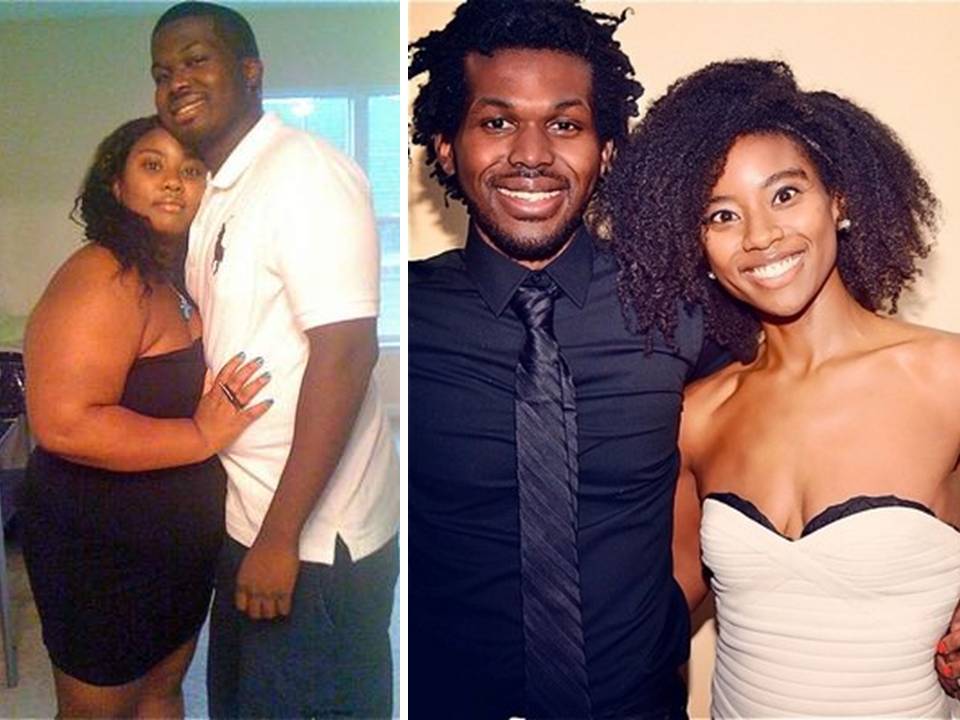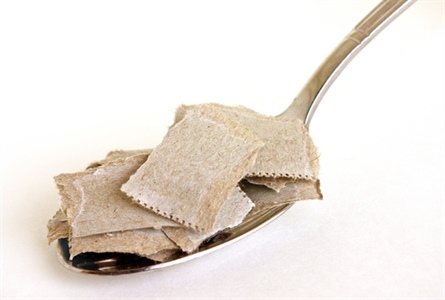Emotional Weight: How to Cope
Excessive weight gain is often a symptom of an underlying emotional dysfunction. Depression, boredom, loneliness, chronic anger, anxiety, frustration, stress, unsatisfactory interpersonal relationships, and poor self-esteem can result in excessive eating and subsequently unwanted weight gain.
Many of us learn that food can bring comfort, at least short term. As a result, we often turn to food to heal feelings of emotional stress. Eating becomes a HABIT and we fail to learn skills that will effectively resolve our emotional distress. By identifying what TRIGGERS our eating, we can substitute more appropriate techniques to manage our difficulties and take food and weight gain out of the equation.
Identifying eating triggers
Situations and emotions that trigger us to eat fall into five main categories:
Social
Eating when around other people. For example, excessive eating can result from being encouraged by others to eat; eating to fit in; arguing; or feelings of inadequacy around other people.
Emotional
Eating in response to boredom, stress, fatigue, tension, depression, anger, anxiety or loneliness as a way to "fill the void."
Situational
Eating because the opportunity is there. For example, at a restaurant, seeing an advertisement for a particular food, passing by a bakery.
Thoughts
Eating as a result of negative self-worth or making excuses for eating. For example, berating oneself for looks or a lack of will power.
Physiological
Eating in response to physical cues. For example, increased hunger due to skipping meals or eating to cure headaches or other pain.
To identify what triggers excessive eating, keep a food diary that records what and when you eat as well as what stressors, thoughts, or emotions you can identify as your are eating. You will begin to identify patterns to your excessive eating fairly quickly.
Breaking the habit
Identifying eating triggers is the first step; however, this alone is not sufficient to alter eating patterns. Usually, by the time you have identified a pattern, eating has become a pattern. Now you have to break the habit.
Developing alternatives to eating is the second step. To most effectively break the habit of eating after various triggers, we need to develop alternative habits. When you start to reach for food in response to a trigger, try one of the following activities instead: watch television, read a good book or magazine, listen to music, or go for a walk, take a bubble bath, do a deep breathing exercise, play cards or a boardgame, dance, jog, talk to a friend, do housework or laundry, do some yard work, wash the car, walk the dog, write a letter, balance the checkbook, swim, brush your hair, brush your teeth, or do any other pleasurable or necessary activity until the urge to overeat passes.
-
Bel Marra Health Sponsored Athlete, Amanda Pereira, Transforms Her Entire Body
Bel Marra Health is pleased to announce a new direction for our
-
Solar Energy: Advantages, Disadvantages And Definitions
There are many advantages and disadvantages to going solar. Before yo
-
Staying Thin
After you’ve managed to shave off all of those extra pounds, the last
-
Top Ten Fat Melting Tips for Effective Weight Loss
If you have ever attempted to lose weigh
-
Effective Fat Burning Tips Remove Just In Workweek
How can you get rid of fat quickly? This is the query plenty of people
-
Life can not be Imagine without Weight Loss Diet Pill
Cant imagine life without weight loss diet pills? Yes, its really
- DON'T MISS
- Six Reasons Why Weight Loss Is Difficult
- How to Lose Your Body Fat Safely and Naturally
- The Weight Loss Pills Worth Considering
- How to Lose Weight in 2 Weeks Increase Your Metabolic Rate
- Best And Worst Things To Drink When Trying To Lose Weight
- What抯 a Good Raw Diet for Your Health?
- You can’t fail with SMART weight loss plan
- You May Learn Ways To Eat Healthily
- 2 Of The Most Potent Fat Burning Foods
- Hoodia Gordonii The Scientific Intervention




